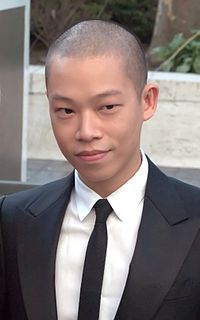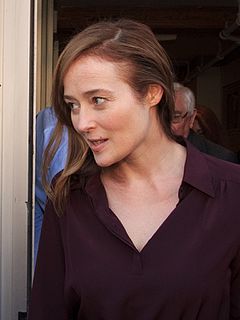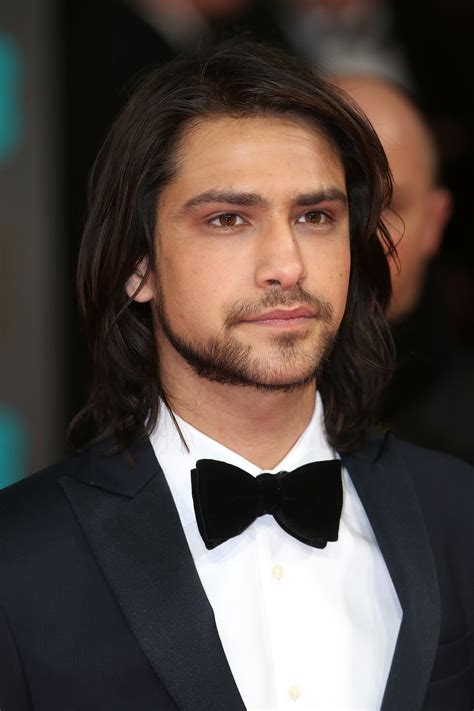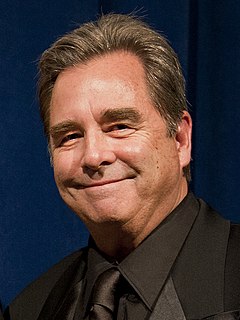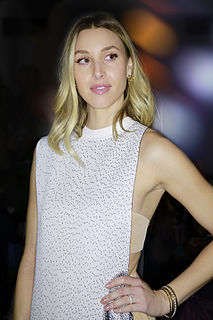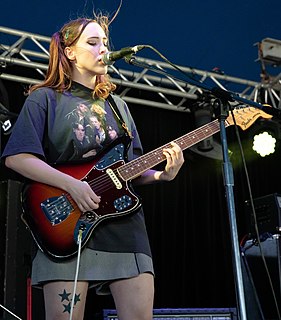A Quote by Robert Heinecken
I was never in a school situation where someone said, This is the way a photograph is supposed to look. I was completely open to cut them up, or do anything like that. I think if I had been in touch with people earlier, then I wouldn't have felt comfortable doing that. It would have been too bizarre.
Related Quotes
There's never been a game plan, and I suppose I've had an uneasy relationship with my ambition. Someone who had been in my year at drama school once said to me that I was terrifyingly ambitious back then. Which was not at all what I felt at the time - I felt paralysed with shyness, though that evaporated.
For me, it's never been an ego situation where I have been "I'm the boss; expletive you." It's always been a situation where someone comes to me and says "I can't tolerate working with you anymore" and I would admit sometimes I wouldn't blame them for that. But I also sometimes think I'm not that difficult to figure out. I don't really know what has driven people to be so angry and bitter - people like my old keyboard player Pogo, who I've known for such a long time. I feel bad for him, but there are grievances with everything.
Learning that aesthetic as a kid - seeing those photos - made me think that that's what photos are supposed to look like. I never understood snapshots. I was looking at them like, "This is horrible; that's not what a picture is supposed to look like." I was taught by these photos. So when I picked up the camera, though I had never done it before, I kind of already knew what I was doing.
I've always been interested in people that you wouldn't see otherwise. If you look back at my books, photographs, and films-and since I'm doing this retrospective I've been forced to look back-the work is always about a small group of people who are somewhat isolated, and who you would never see if I didn't film or photograph them.
A photograph never grows old. You and I change, people change all through the months and years but a photograph always remains the same. How nice to look at a photograph of mother or father taken many years ago. You see them as you remember them. But as people live on, they change completely. That is why I think a photograph can be kind.
I think that by now, in the very beginning when I first joined the show, General Landry was like a new kid in school. I was coming into a situation I didn't really know much about, and now, after a couple of years, the character's kind of mellowed and gotten comfortable working at the command center and very comfortable with his troops. What they always do with these shows is they always leave them open-ended. The SG-1 franchise has been so successful for the network, that they always want to keep it open, an option to do it again in some way, whether that's a movie or a series, or whatever.
Dena had always been a loner. She did not feel connected to anything. Or anybody. She felt as if everybody else had come into the world with a set of instructions about how to live and someone had forgotten to give them to her. She had no clue what she was supposed to feel, so she had spent her life faking at being a human being, with no idea how other people felt. What was it like to really love someone? To really fit in or belong somewhere? She was quick, and a good mimic, so she learned at an early age to give the impression of a normal, happy girl, but inside she had always been lonely.
If I would had been born years earlier, I would have been in all the Westerns. It's just the way that the industry goes. But now, we are in an age of a lot of different kinds of fears, and you have the science fiction and horror genres doing our morality plays the same way that they would have done in Westerns. I absolutely accept it. In every respect, fantasy is like doing abstract paintings.
When I was younger, I definitely wish I had felt more... I just wish I had started actually putting out my music earlier because I didn't do it until I graduated high school and felt like I was leaving. That's mostly because I have never liked my voice a lot or been like a particularly great singer.

